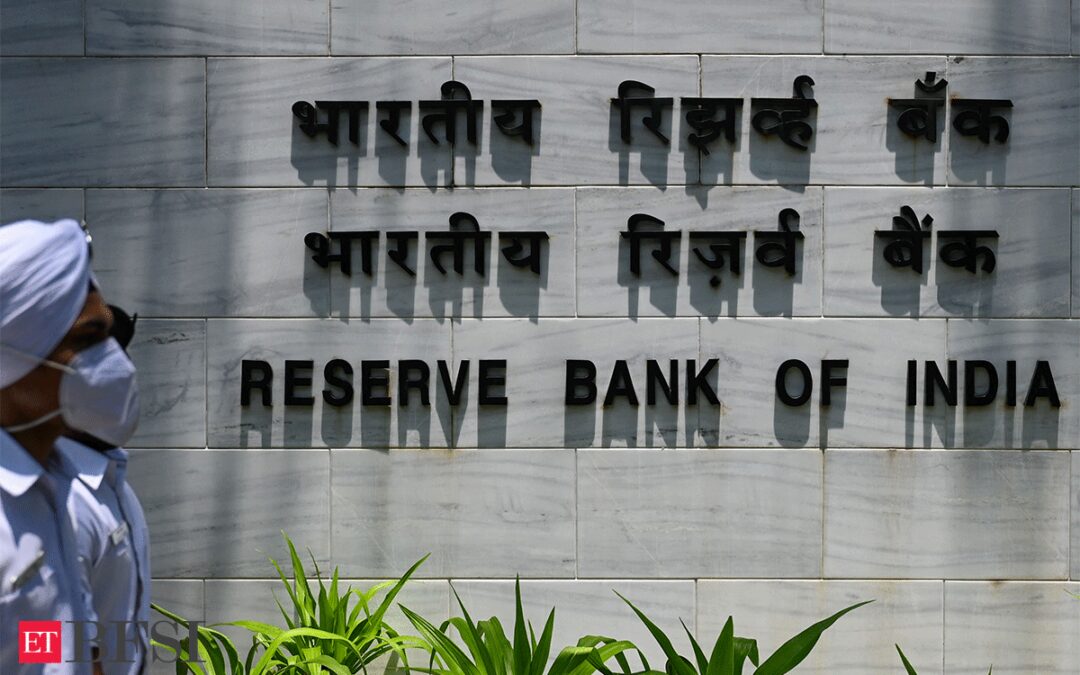The Reserve Bank of India won’t lower its guard yon last month’s weaker inflation pace as lingering weather concerns can lift prices again, according to economists.
The consumer price index rose 6.83% in August, slowing from July’s pace and coming in lower than expectations for a 7.1% increase. The weaker reading was due to a decline in prices of food as the government imported vegetables, including tomatoes.
“It is too early for the RBI policy committee to let its guard down as inflation remains above the 4% target, with risks to the price outlook from sticky food segments, lower reservoir levels and developing El Nino as the winter crop approaches,” said Radhika Rao, economist with DBS Bank Ltd.
Citigroup Inc. economists Samiran Chakraborty and Baqar Murtaza Zaidi, cut their average inflation forecast for the fiscal year ending March 2024 to 5.4%, from 5.7% earlier. They expect September inflation to come in at around 5.3%, within the RBI’s target of 2%-6%.
“It might be too early to signal any monetary easing given weather-related risks,” they said in a note published late Tuesday.
Monsoon rains from June to early September are about 11% below normal, causing the driest August in a century. While India’s weather office predicts a better September overall, uneven rains can still disrupt the sowing and harvesting of crops.
If prices rise for just a few food items in the CPI basket like tomatoes and onions, the RBI may rely on liquidity management as its first line of defense against inflation, said HSBC Holdings Plc. economist Pranjul Bhandari in a note Tuesday. But persisting cereal price inflation may force it to consider rate hikes around December, she said.
In deciding to pause for a third straight policy meeting, RBI Governor Shaktikanta Das said the food price spikes were “likely short-term.” However, the central bank will need to be ready to preempt any second-round impacts, he said.










